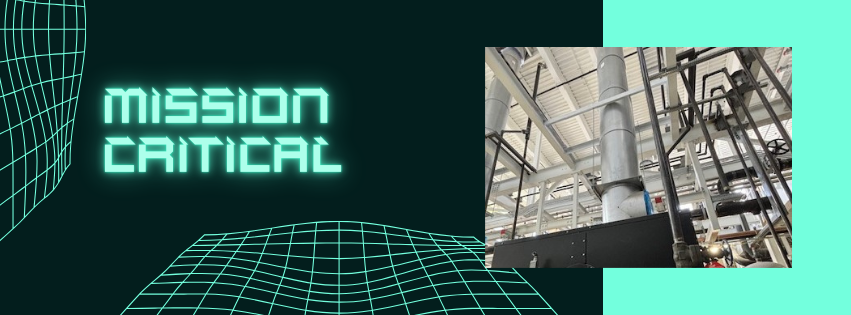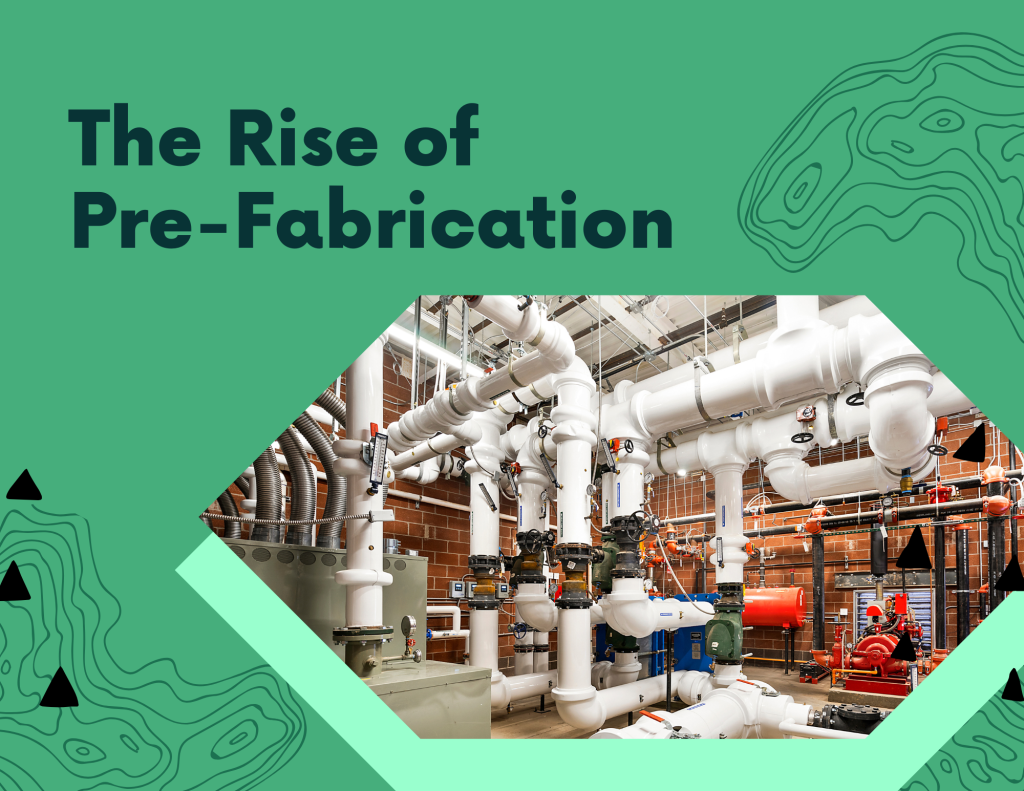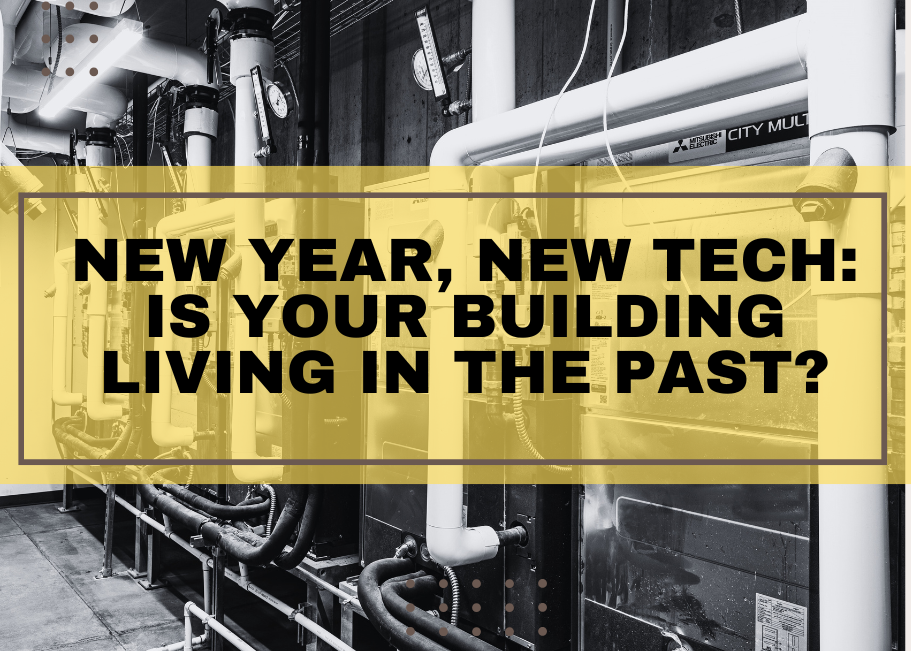August 9, 2024
Mechanical Plumbing in Mission Critical Buildings: Ensuring Reliability
In the fast-paced world of mission-critical buildings—data centers, hospitals, research facilities, and the like—reliability isn't just a goal; it's a necessity. Every system within these buildings plays a vital role in maintaining operations, but mechanical plumbing systems are the unsung heroes that ensure everything runs smoothly. Whether ensuring uninterrupted cooling, providing safe water, or managing waste, mechanical plumbing systems in these environments demand careful planning, design, and maintenance.
Understanding Mission-Critical Buildings
Mission-critical buildings are facilities where the failure of any system could result in severe consequences. In a hospital, for instance, a plumbing failure could disrupt patient care, while in a data center, it could lead to significant financial losses due to downtime. Because of the high stakes involved, the design and installation of mechanical plumbing systems in these buildings require precision and forethought beyond standard practices.

Critical Components of Mechanical Plumbing Systems
HVAC Plumbing: Heating, ventilation, and air conditioning (HVAC) systems are vital in maintaining the temperature and air quality within mission-critical facilities. The plumbing associated with these systems must be robust, ensuring that cooling towers, chillers, boilers, and heat exchangers operate without interruption. Special considerations include corrosion resistance, pressure management, and leak detection.
Specialty Systems: Many mission-critical buildings require specialized plumbing systems, such as medical gas lines in hospitals or chemical distribution systems in laboratories. These systems must meet strict regulatory standards and often require specialized materials and installation techniques.
Best Practices for Mechanical Plumbing in Mission Critical Buildings
Integrated Design Approach: Collaboration between architects, engineers, and contractors is essential to ensure that mechanical plumbing systems are seamlessly integrated into the overall building design. This integrated approach helps to identify potential issues early in the design process. It ensures that all systems work together efficiently.
Use of Advanced Materials: Choosing materials for plumbing systems is crucial in mission-critical buildings. High-performance materials, such as stainless steel, PEX, and CPVC, are often used for their durability, corrosion resistance, and ease of maintenance.
Focus on Energy Efficiency: Energy efficiency is a key consideration in the design of mechanical plumbing systems. This can include using energy-efficient pumps, heat exchangers, and water heaters and incorporating smart controls to optimize system performance.
Mechanical plumbing systems in mission-critical buildings are foundational to the reliability and efficiency of the entire facility. Designing and maintaining these systems requires technical expertise, careful planning, and a commitment to quality.
Investing in robust mechanical plumbing systems is not just about preventing failures—it's about creating a resilient, efficient, and sustainable infrastructure that supports these critical buildings' functions.








